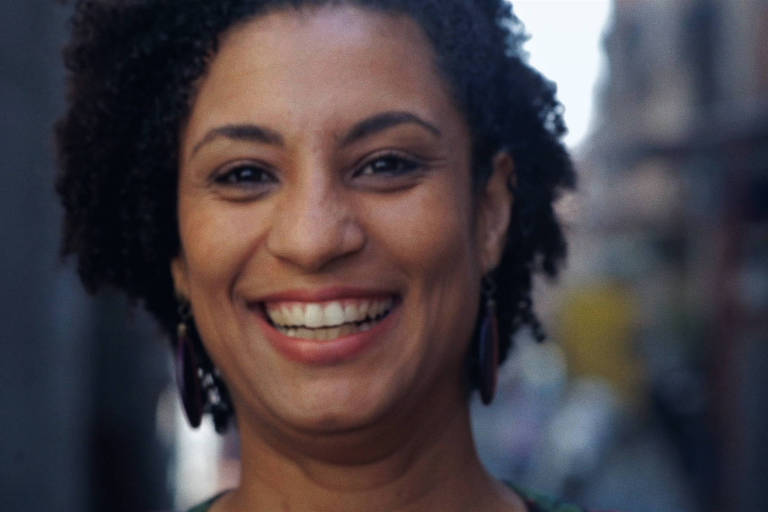This Saturday (14) will make two years since the murder of city councilor Marielle Franco (PSOL) and her driver Anderson Gomes turns. The crime's investigation is mired in political and institutional conflicts.
Right before the end of the first year of the investigation, police announced that they had discovered the perpetrators of the murders. But the crime has now there have been discussions between President Jair Bolsonaro, Governor Wilson Witzel (PSC), the former Attorney General of the Republic Raquel Dodge, and members of the Rio de Janeiro Public Ministry regarding the crime.
Government entities disagree over how to conduct the investigations. The investigation, under secrecy, has not yet appointed the homicide mentor.
Marielle and Anderson were killed in an ambush in downtown Rio de Janeiro on March 14, 2018, when the state was under federal intervention in public security, under the Army's operational coordination.
Police charged two with carrying out the crime. Officer Ronnie Lessa and ex-PM Élcio de Queiroz will be tried by the Jury Court on a date to be scheduled. Arrested in March 2019, they deny participation.
Three others have already been investigated on suspicion of having Marielle killed: councilor Marcelo Siciliano, ex-councilman Cristiano Girão, and ex-deputy Domingos Brazão, a retired counselor from the TCE (State Audit Court). They also deny involvement.
The suspicion about Brazão became the pivot of the fight between Dodge and the MP-RJ. The then-Attorney General of the Republic said in a complaint to the STJ (Superior Court of Justice) that the former deputy "engineered the murder of city councilwoman Marielle Franco and, to remain unpunished, outlined the spread of false news about those responsible for "the crime.
Although she appointed the outgoing advisor as principal, Dodge did not provide evidence on the matter or even accuse him of the crime of murder.
The former attorney general also asked the STJ to federalize the case, under the justification that the Rio de Janeiro Civil Police was vulnerable to attempts to interfere in the investigation. She revealed an audio between two investigators in which they suggested that those accused of the crime were not the actual executors.
The request suffered a harsh response from the MP-RJ. In it, the federalization request is described as a "personal whim" by Dodge based on "told me told" and "jail corridor gossip".
Translated by Kiratiana Freelon
